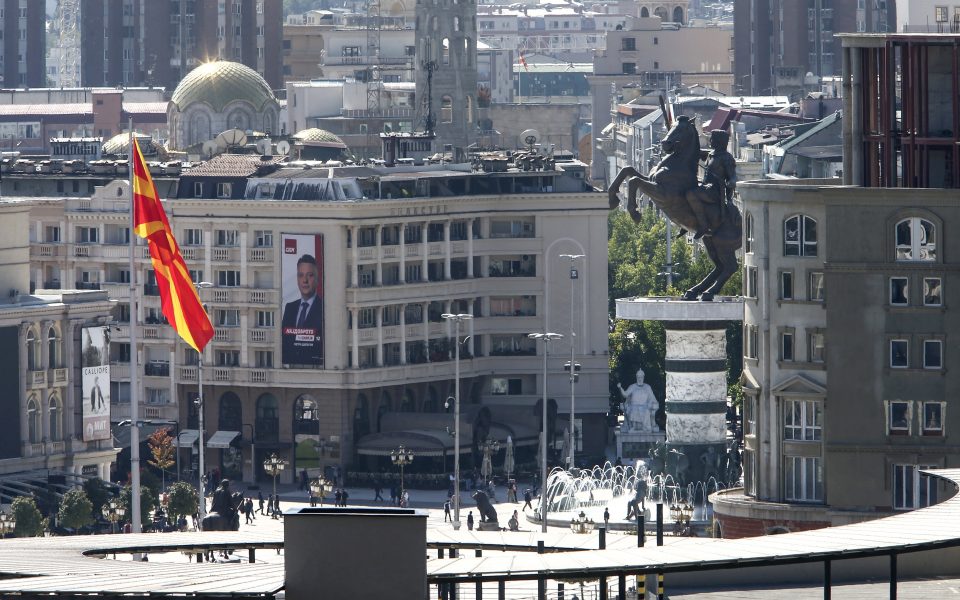Prespes agreement hanging in the balance?

Notwithstanding the optimistic statements and the warm reactions that marked the signing of the Prespes agreement, one thing is certain: Only the short-term and, more certainly, the long-term future will show if this agreement will go down as an “historic” one. If, in other words, the agreement will stand the test of time.
I personally believe that this is a difficult agreement, as it were, mainly per its full and actual implementation. This is because the deal presupposes the existence, now and in the future, of a positive “Balkan exception.”
Let me explain here what I mean by the term:
1. The implementation of the agreement on both sides in a way that is comprehensive, coordinated and fully aligned with the stated commitments would go against the trend of political change and revisionism that is sweeping Europe.
2. The agreement takes for granted the existence of consensual and stable policies in both countries in favor of implementing the deal, as well as the existence of parliamentary majorities. It also depends on these in order to be viable. Thus a fundamental condition is the stable and concurrent political domination of parties and parliamentary majorities in Greece as well as in North Macedonia that support the implementation of the deal.
3. It is too risky, even impossible perhaps, to make any safe electoral predictions about any of the European Union member-states, including its founding and key members. At the same time, we expect two Balkan countries, for all their fundamental differences, to be positive exceptions to European rule.
4. The deal anticipates, most likely out of political expediency, that political obstacles in Skopje and political tension in Athens – and potential political developments in Greece – can be overcome at no cost. Continued political and social support for the agreement is almost seen as a default attitude. Continued support was treated as a given both during the signing of the (final and irrevocable with regards to its enforcement) agreement as well in synchronizing the execution of the agreement in Athens and Skopje.
5. Also uncertain is the extent to which EU member-states will want to green-light the start of North Macedonia’s accession talks. If this does not happen in a binding way in the near future, then both the agreement as well as the governments in Skopje and Athens could be in for unpredictable developments. EU member-states are caught up in a double vortex, namely revisionism both in relation to the European acquis and in relation to the bloc’s Western Balkan expansion.
As a result, I find reason in claims that the Prespes agreement runs the risk of finding itself hanging in the balance without the necessary political and parliamentary support. This means that the desired full implementation would be thrown into uncertainty.
I also find it hard to see how it will be fully accepted by the public. Because a fundamental condition and prerequisite for the deal to survive and stand the test of political time and time proper is that the public support, or at least tolerate, its content.
Alexandros P. Mallias is a former ambassador of the Hellenic Republic to the United States (2005-09). This article is based on the opening chapter of the book “Greece and North Macedonia: An Autopsy of the Difficult Prespes Agreement” (published by Sideris, July 2018).





